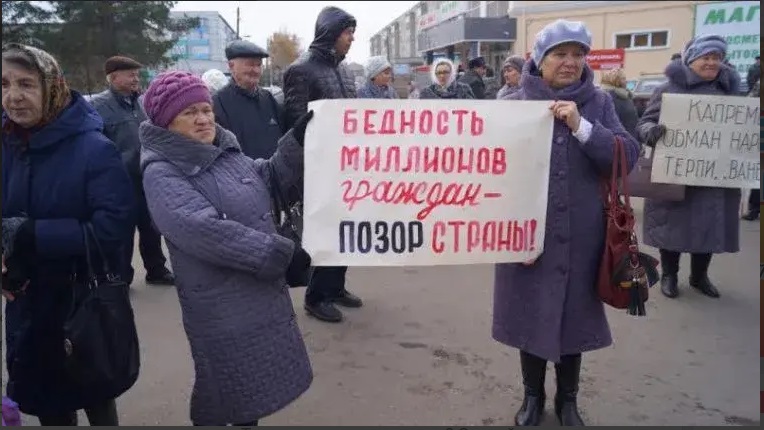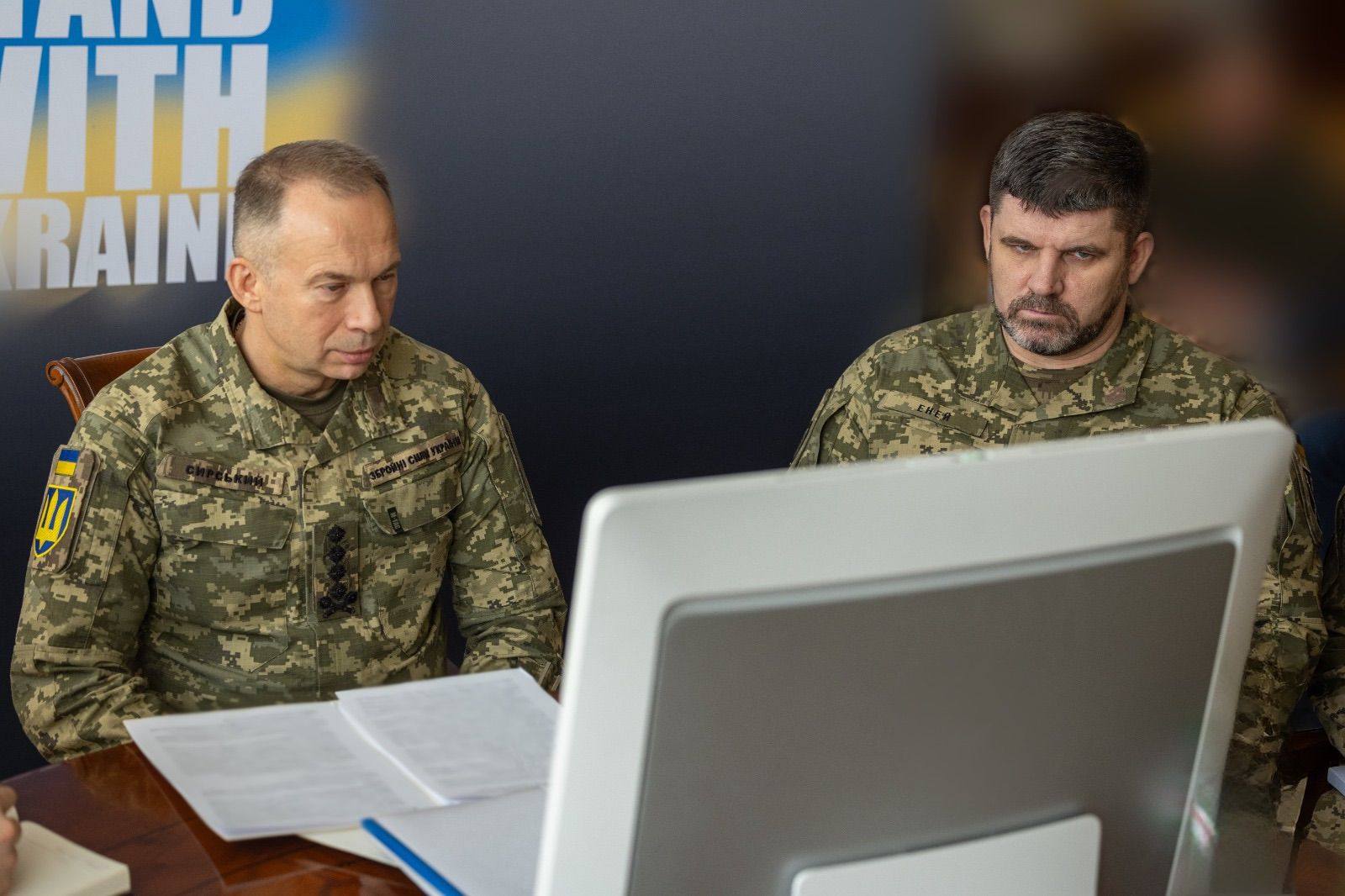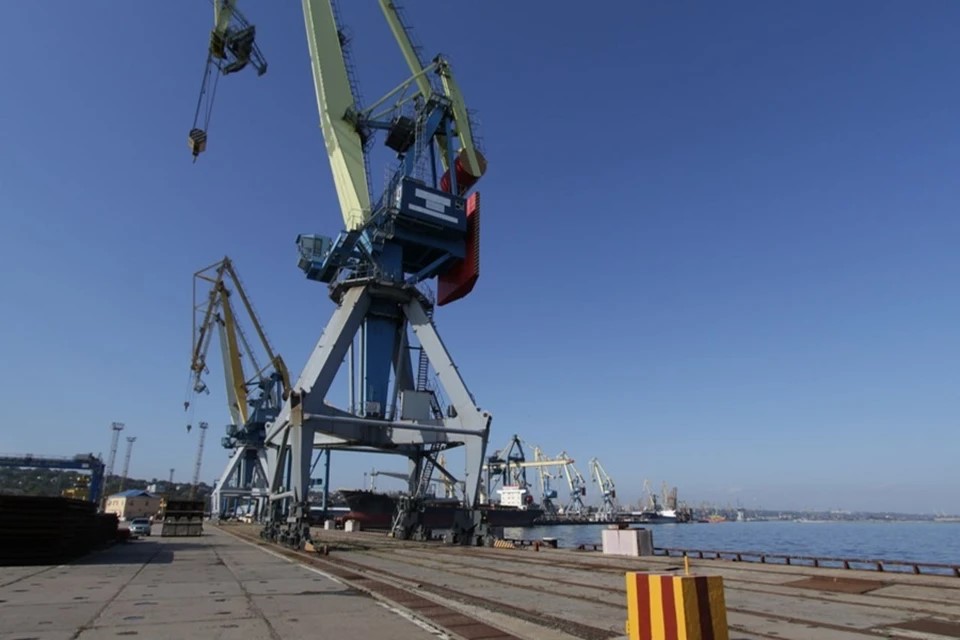Russia is facing serious problems in supplying gas to external markets. Construction of the “Power of Siberia-2” gas pipeline, which is officially claimed to be approved by China, could take at least ten years. Even key elements of the agreement—pricing, investment terms, and start dates for supplies—have not yet been finalized. Completing construction will take about five years, with another five years needed to ramp up delivery volumes. One of the main obstacles is China’s demand to purchase gas at domestic Russian prices.
Currently, Gazprom sells gas to China at an average of $248 per thousand cubic meters—38% less than other foreign clients, who pay $402 per thousand cubic meters. Next year, the price for China will drop to $240, remaining 37% below the price for other Gazprom buyers ($380).
At these rates, exports to China compensate for only about one-fifth of former supplies to Europe, which have dropped twelvefold since the start of Russia’s full-scale war in Ukraine. For comparison: in 1975, exports to the EU totaled 19.3 billion cubic meters, in 1980 – 54.8 billion, and before 2022, Gazprom’s peak exports to Europe reached 200 billion cubic meters.
Against the backdrop of shrinking gas export revenues, the Russian government is preparing for a radical reallocation of budget funds. The Kremlin plans to introduce food vouchers for low-income citizens. The actual number of people below the poverty line in Russia is around 18 million. To provide food for 15–20 million citizens via vouchers, the state would need to spend roughly $11–15 billion.
At the same time, the sharpest increase in spending is planned primarily for “national security.” In the 2026 federal budget draft, expenditures in this category will rise 13% to $48 billion. Amid these expenses, low-income Russians effectively remain unsupported, while Gazprom cannot serve as a source of compensation, even under its export contracts with China.




















